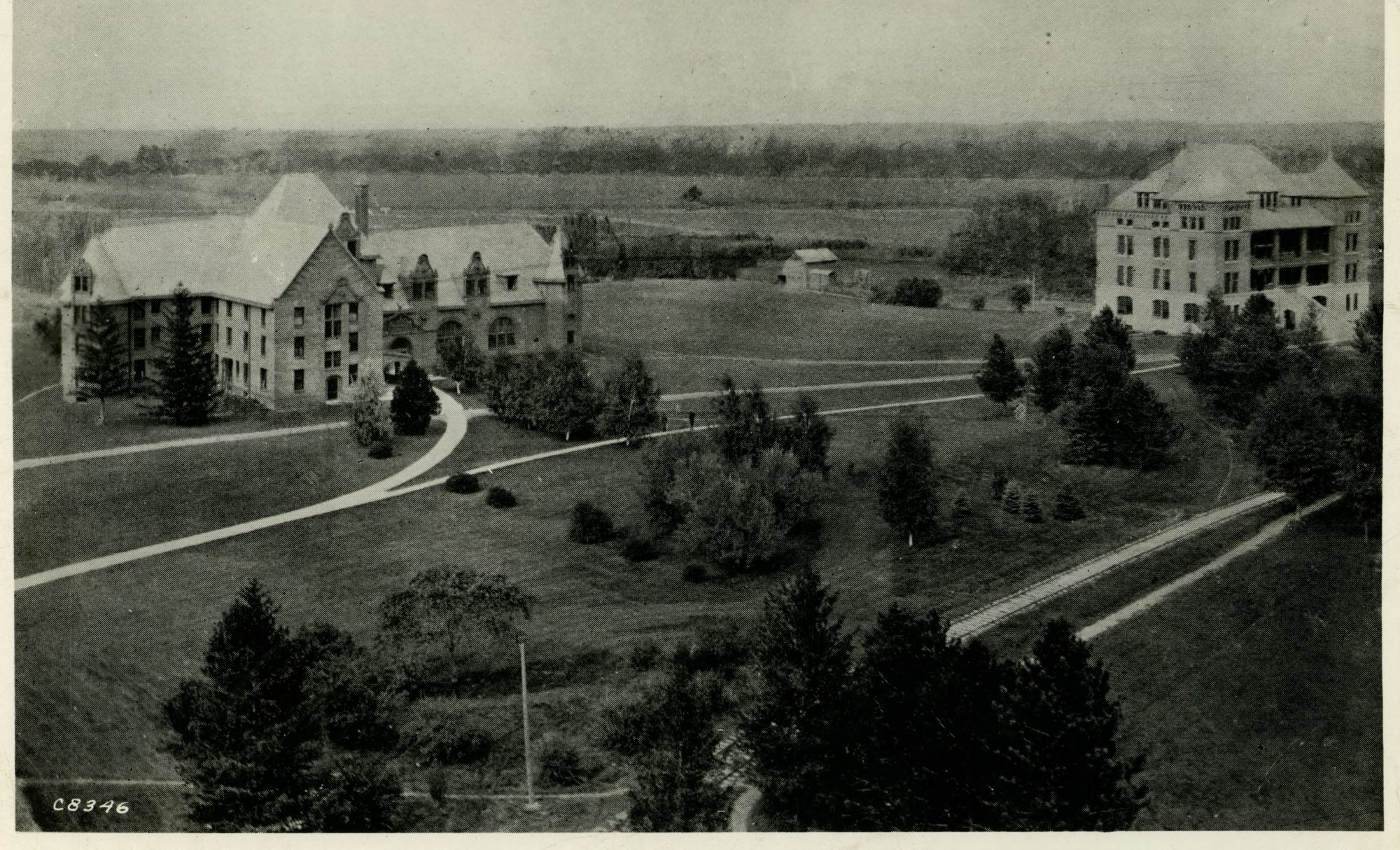Note: It is unclear whether Dr. Kao is still alive (I suspect he is), but I have chosen to refer to him and his accomplishments in the past tense, as he seems to have moved on from his position at ISU some time ago. It is therefore this period of affiliation that I am referring to in past tense, and not Dr. Kao himself.
Even without having met the man personally, I can say it would be difficult to describe Dr. David Teh-Yu Kao as anything less than an absolute credit to Iowa State University, where he served as the Dean of the College of Engineering from 1988 through 1994, and then as the Glenn Murphy Professor of Engineering from 1994 to approximately 1997. He is currently listed as a Professor Emeritus on the department’s website. I have not been able to verify that Dr. Kao was for certain the first Asian American dean of this college, let alone the first first-generation immigrant to hold the position, but the resources I have examined suggest that both are probable. Regardless of these distinctions, his influence left an enduring impact on the College of Engineering, and his leadership style speaks of a visionary with many diverse talents.


Long before his time at ISU, Dr. Kao had distinguished himself as a gifted engineer. He earned his B.S. in civil engineering from National Cheng-Kung University, Tainan, Republic of China, Taiwan, in 1959. He then went on to receive his M.S. in civil engineering from Duke University in 1965, and his Ph.D. in civil engineering from the same institution in 1967. His research specializations included hydraulics and fluid mechanics, hydraulic transport of solids, and hydraulic machinery. For his work in these areas, Science Digest named him one of the Top 100 Innovators of 1985.

Contrary to stereotypes about folks gifted in STEM fields, however, Dr. Kao also seems to have been naturally out-going, very much a people-oriented person, and consequently a talented and attentive teacher. In his previous positions at University of Kentucky, he won the Outstanding Teacher Award in the Kentucky college of Engineering three times and the R. E. Shaver Award for Excellent Teaching twice, in addition to receiving the Western Electric Fund Award for Excellence in Instruction of Engineering Students and the Great Teacher Award of the University of Kentucky Alumni Association.

In his position as Dean of the College of Engineering at ISU, Dr. Kao also earned a reputation for having a uniquely philosophical approach to outreach and problem-solving.

Among his many accomplishments during his 5 and a half years as dean, Dr. Kao lead the development of the College of Engineering’s first strategic plan, doubled student scholarship funds ($224,000 in 1987 to $430,000 in 1994), quadrupled private donations ($2 million in 1988-89 to $9 million in 1991-92), and advocated for the Women in Science and Engineering program. While it is nowhere explicitly linked to his efforts, it is also interesting to note that SCUA’s Archives of Women in Science and Engineering was established during his final year as dean. He also advocated for more balance in faculty teaching and research development, innovative teaching methodologies (which, at the time, meant an emphasis on collaborative learning), and established outreach programs that reached children as young as kindergarten.
In short, ISU is a better place for Dr. Kao’s having worked here. We are immensely privileged to have benefited from his talents.


Thank you for the wonderful article! Dr. Kao was indeed an amazing leader and visionary at ISU, which he served proudly for many years. Dr. David Kao is both alive and well. He is enjoying retirement in North Carolina with his wife, Teresa, and sees his three daughters and five grandchildren often. I know this, because he is my dad!
Angela, thank you so much for commenting! I’m so glad you enjoyed the article. Let me know if your dad might be interested in donating any more of his papers from his time at ISU at some point. My email is achesonr@iastate.edu. I seem to recall that what we have, while not much, hinted at a rich and fascinating career, and I’m sure future scholars and researchers would be interested in fuller documentation of his time and impact here.